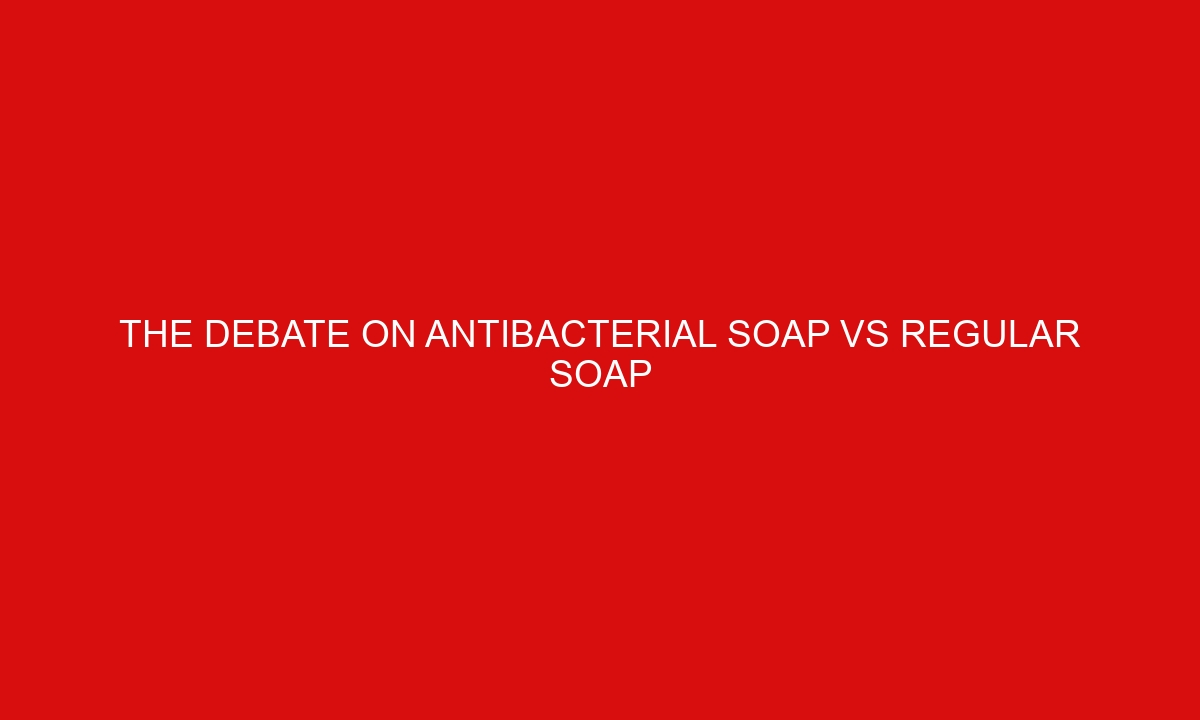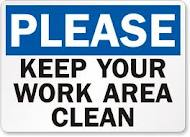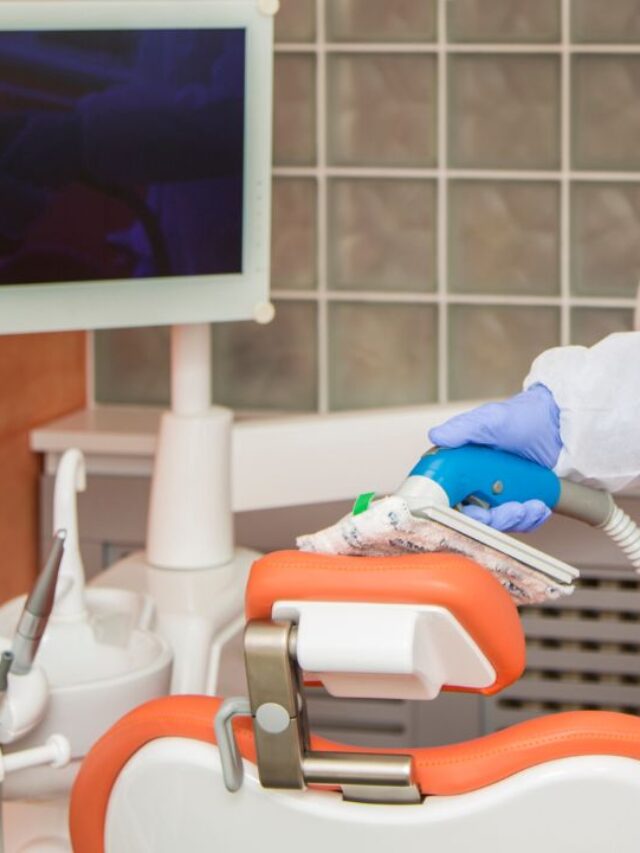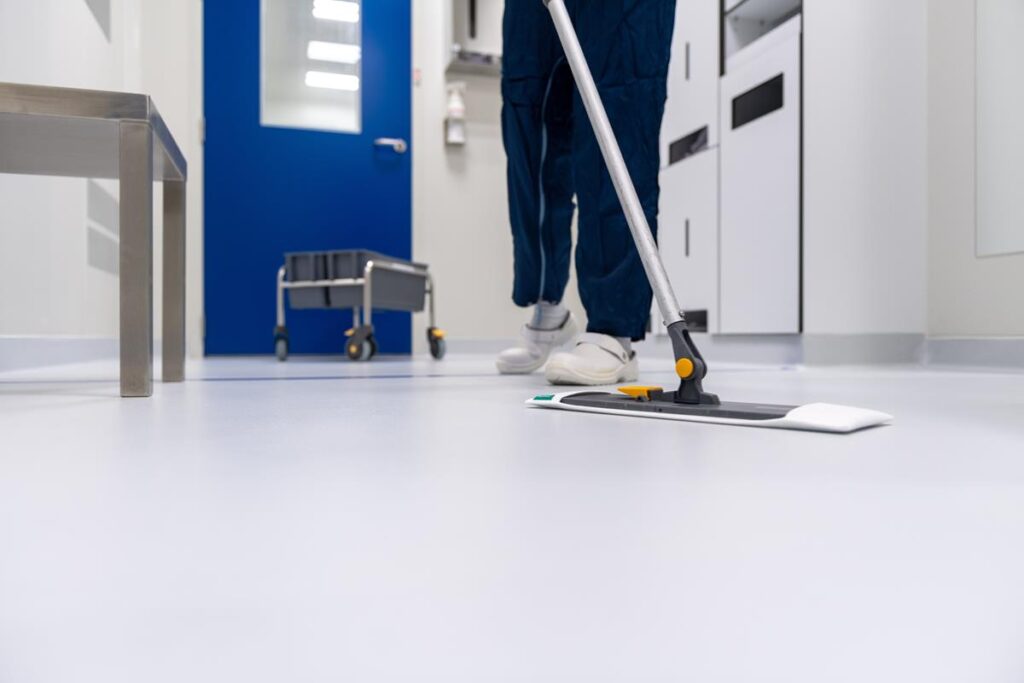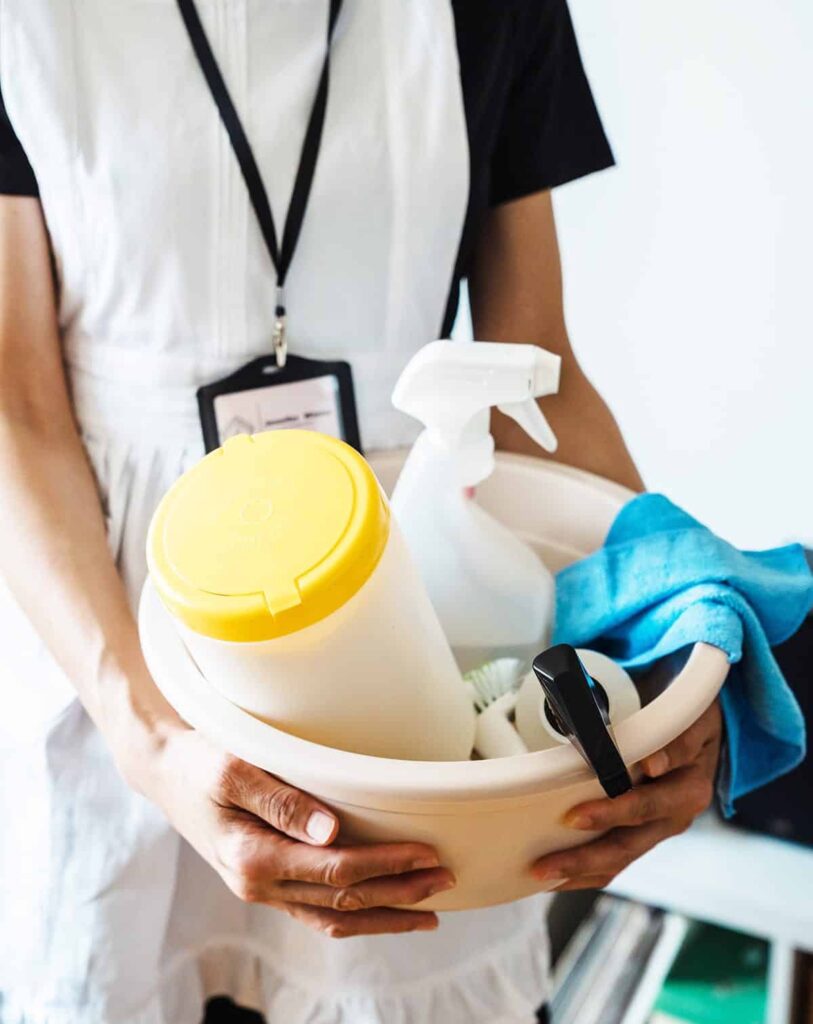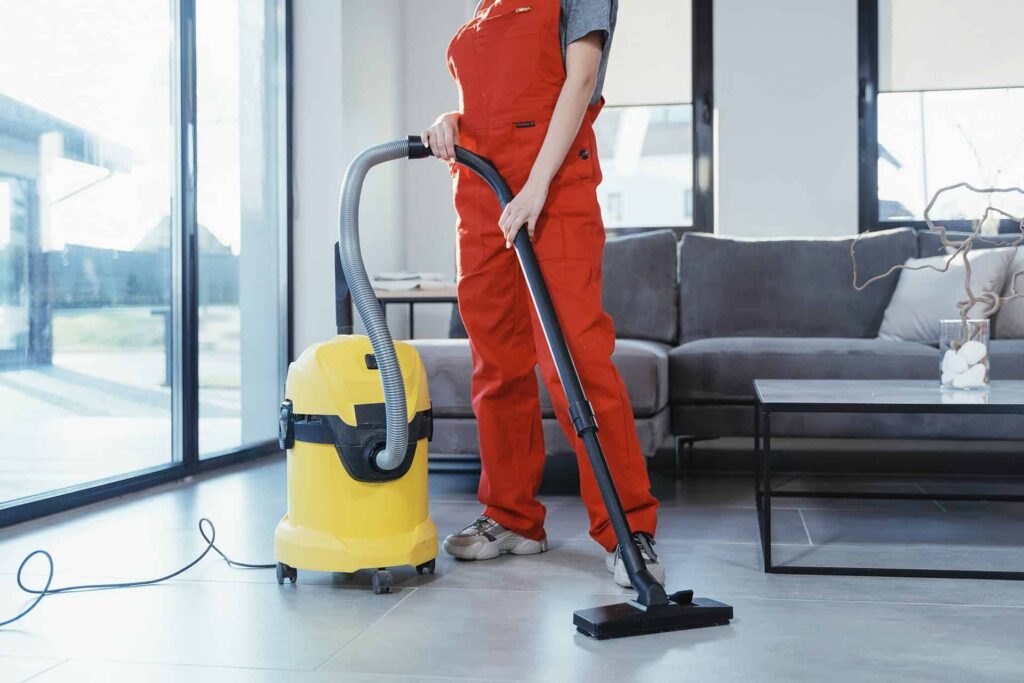The Debate on Antibacterial Soap vs Regular Soap
The Debate on Antibacterial Soap vs Regular Soap
Written by:
Proper hygiene, in terms of one’s hands and body, requires the use of soap. Soap and water are crucial in reducing the occurrence of illness by preventing the spread of bacteria and germs. While on the surface this may seem straightforward, it is important for people to understand that not all types of soap are the same. There are two main types of soap that are available for consumer purchase: regular and antibacterial. According to a report on ABC News, roughly 50% of the soap sold in the U.S. contains antibacterial agents or chemicals. This means every time a person goes shopping to buy soap, they are faced with the decision on which to buy. For some, simply seeing the word “antibacterial” on the packaging of either liquid or bar soap implies that it is the better choice. As a result, it isn’t uncommon to see antibacterial soap bottles in many homes, public bathrooms, schools, etc. Many consumers don’t, however, know what makes a soap antibacterial, if it is the actual better choice, and most importantly, if it is safe.
The primary active ingredients that make antibacterial soaps antibacterial are the chemicals triclosan and triclocarban. Antibacterial products containing these chemicals initially came into use in the 50s and 60s, but they were used in the practice of medicine. The use of antimicrobial products went commercial in the 90s when manufacturers began using them in soaps and other products for consumers. Today, the use of antibacterial products has become commonplace. As much as 76% of the liquid soaps sold yearly are antibacterial and contain the chemical triclosan. Bar antibacterial soaps, on the other hand, contain triclocarban.
Keep Your Office Spotless with Our Free Office Cleaning Checklist!
Want to make sure you’re covering all the essential cleaning tasks? Our comprehensive guide covers all essential cleaning tasks, from daily tidying to deep cleaning tips. Make sure no spot is missed and create a healthier, more organized workspace today!
Both of these chemicals are of concern to researchers and the FDA who claim studies reveal that they may have a detrimental effect on hormones, including sex hormones. Extended use may also cause skin irritation and could potentially be more harmful to children and infants. In addition, it is also believed that they play a role in making bacteria more resistant to germ killers and antibiotics. The active ingredients in these soaps are also threatening the environment as they are being found in greater amounts in lakes, groundwater and in soil.
The effectiveness of antibacterial soap is just as important as knowing what chemicals are found in the soap. This is particularly true considering the potential risks associated with their use. Leading microbiologists at the FDA along with other researchers also contend that antibacterial soaps purchased by consumers are no more effective than regular soaps. As a result, when it comes down to the removal of germs there is potentially no reason to choose antibacterial soap over regular soap, and no reason to assume any risk. What is most important in getting one’s hands clean is using proper hand-washing techniques, which include the use of hot water and rubbing hands with soap for a minimum of twenty seconds.
The FDA has made moves to address the multiple concerns that are associated with regular usage of antibacterial soaps. In December 2013, it proposed a rule in which manufacturers of consumer antibacterial soaps will be required to perform studies and tests on their soaps. These tests would need to provide clinical proof that they are beneficial and more effective than regular soaps that do not contain bacteria-fighting chemicals.
The removal of germs from one’s hands and body is crucial to the prevention of illness and disease. To successfully do so consumers will want to purchase not only the best products to get the job done but also the safest. When buying soap for oneself and family, antibacterial soap may seem to be the logical choice; however, this isn’t necessarily true according to government agencies and researchers. There are numerous health and environmental concerns associated with routine and long-term use of consumer antibacterial soaps and their effectiveness is questionable. Proper washing technique is the surest way to get one’s hands clean and as germ-free as possible.
Read more about antibacterial and regular soap by clicking on the following links.
- FDA Taking Closer Look at Antibacterial Soap
- Skip the Antibacterial Soap
- Safety of Antibacterial Soap Debated
- Body Soap Basics – Antibacterial Body Soaps
- Soapy Debate: Antibacterial or Regular?
- Q & A Antibacterial Soaps
- Does Antibacterial Soap Work?
- Antibacterial Agent Used in Common Soaps Found in Increasing Amounts in Freshwater Lakes
Contact Us
Get a quote
Your satisfaction is our priority, and we’re here to assist. Reach out to Busy Bee effortlessly by contacting us. Whether you have questions, need a custom quote, or want to discuss your cleaning requirements, our friendly team is ready to respond promptly. Connecting with us is the first step towards a cleaner and more comfortable environment for your home or business.
Call us for a quote today!
Contact Us
Get a quote
Your satisfaction is our priority, and we’re here to assist. Reach out to Busy Bee effortlessly by contacting us. Whether you have questions, need a custom quote, or want to discuss your cleaning requirements, our friendly team is ready to respond promptly. Connecting with us is the first step towards a cleaner and more comfortable environment for your home or business.

